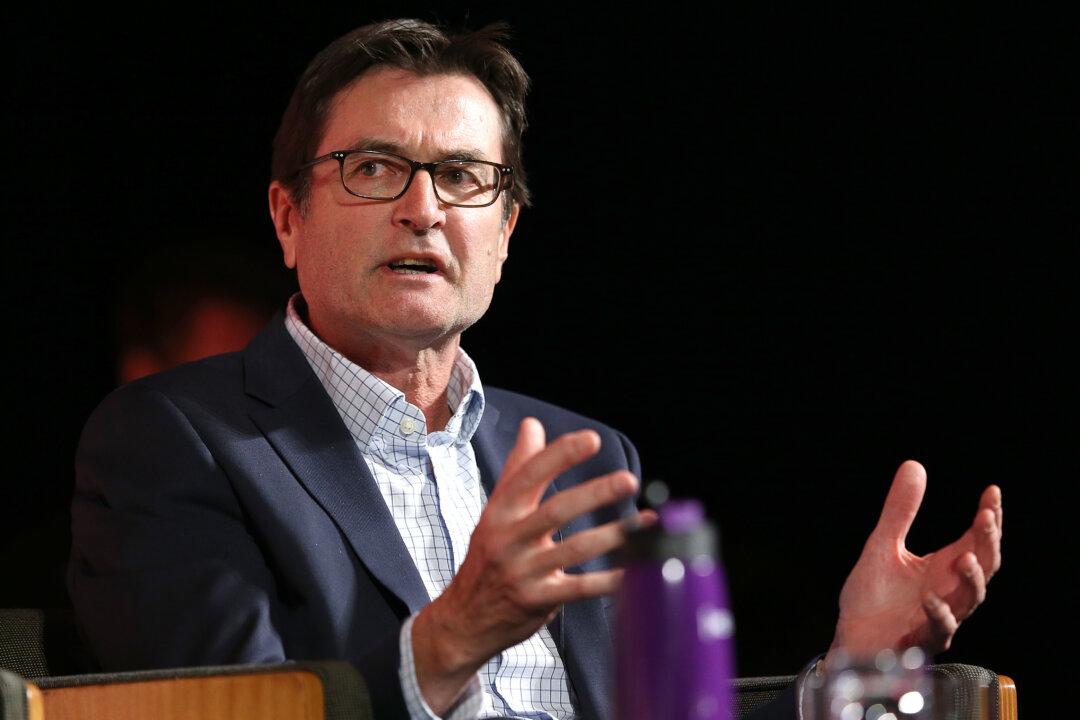Australian Minister for Foreign Affairs Senator Penny Wong has flagged a greater risk of conflict in the Indo-Pacific, calling on nations to ramp up diplomatic efforts in the face of rising tensions.
“I think we are probably at a greater risk now of conflict than we have been for many years. We have said these are the riskiest strategic circumstances the world has seen for many years and that means that we all have to elevate our efforts to ensure that competition is managed,” Senator Wong told reporters outside the United Nations headquarters on Sept. 20.





